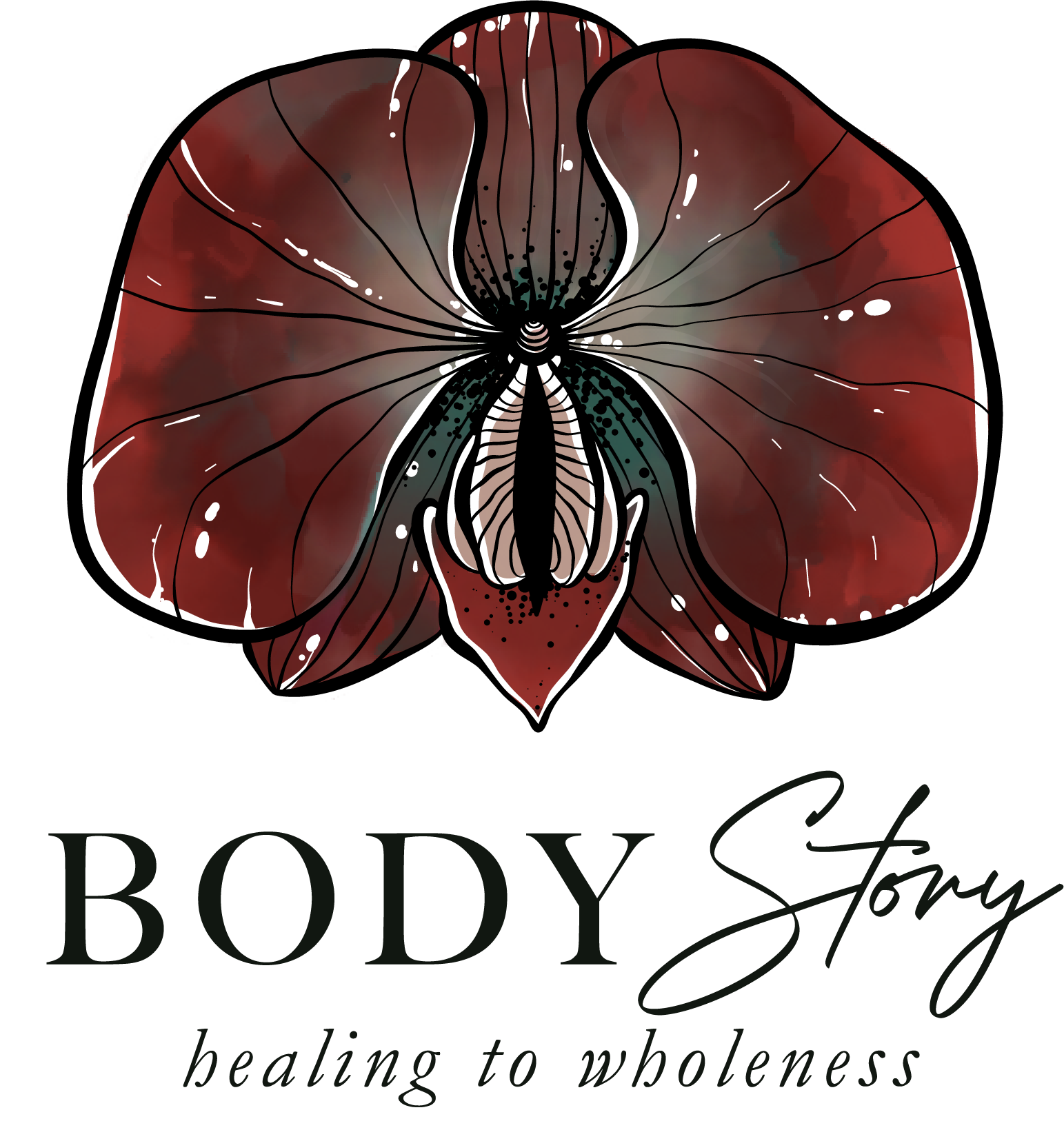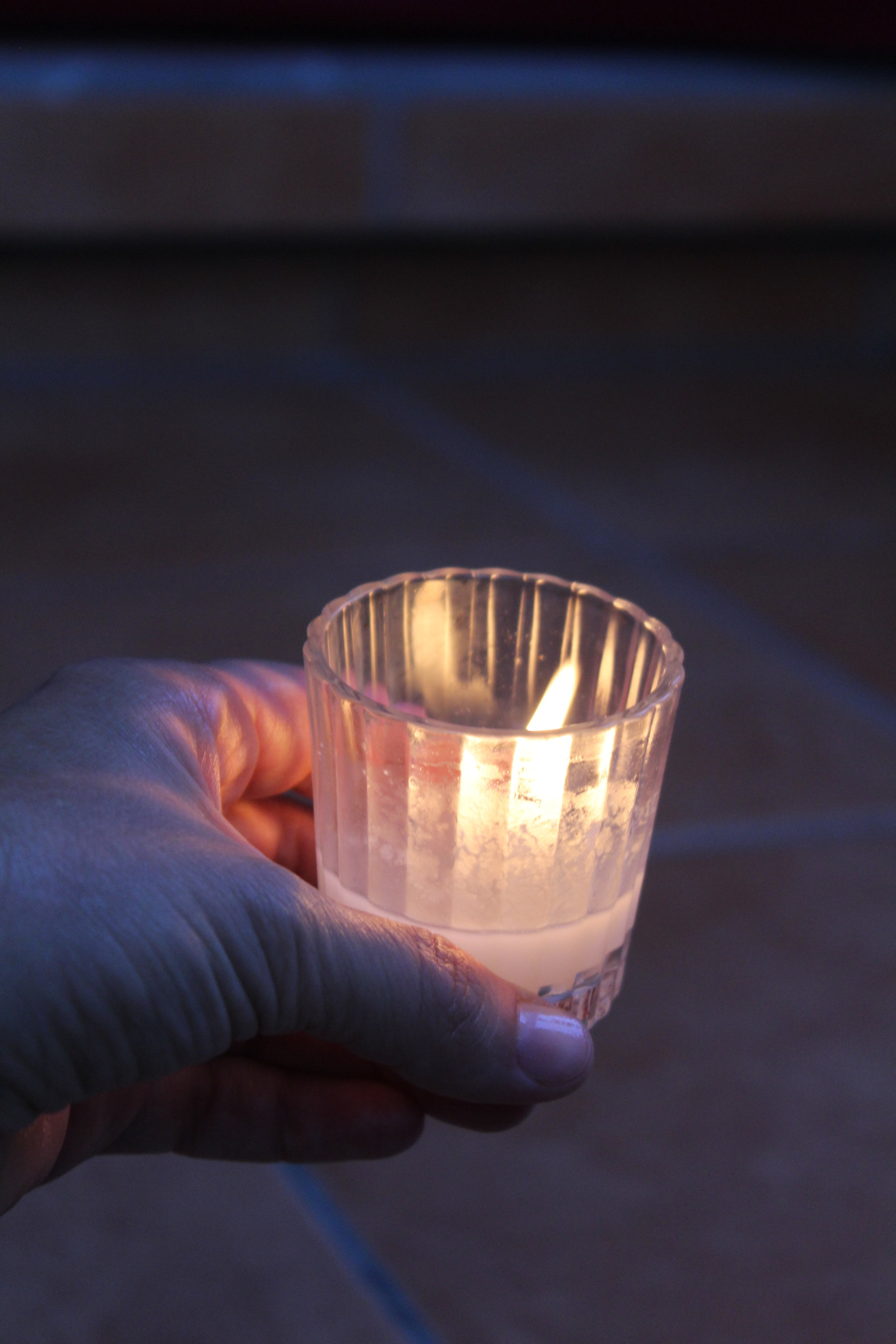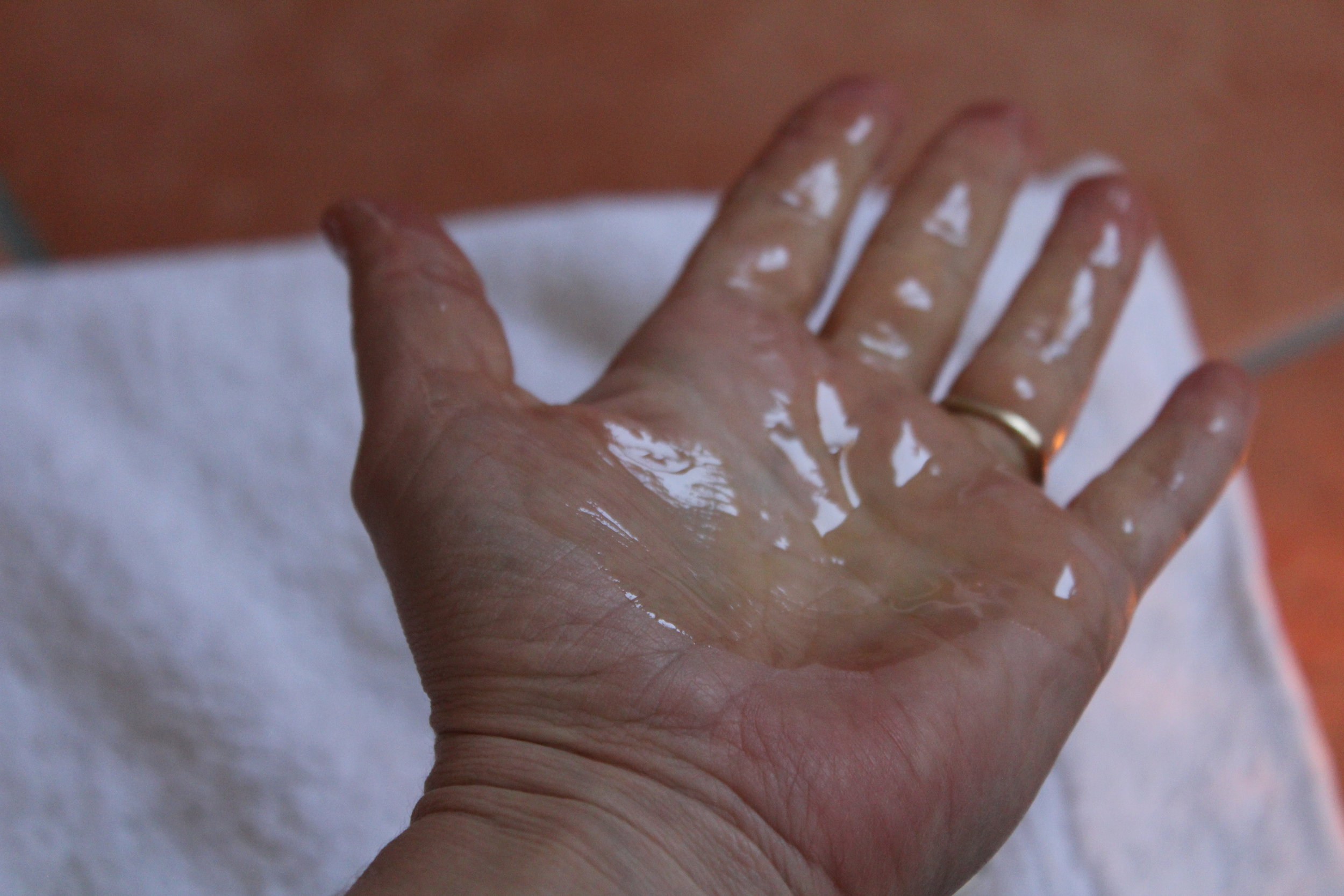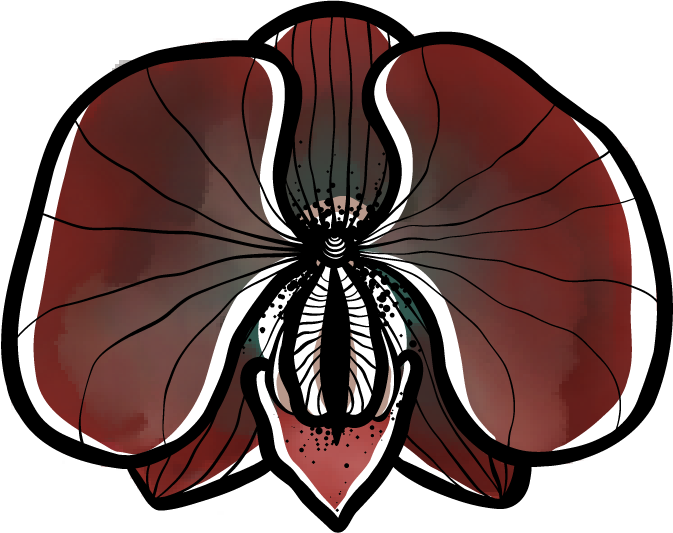Maybe it’s that I didn’t sleep well last night. Maybe it’s that I’m stressed about building a business or tired from chasing a toddler. Or maybe it’s just one of those times in my life when I have walked the edge of the cliff for too long and am getting ready to jump and trust. It doesn’t really matter why. It is, and that is enough.
But no matter what kind of break it is, this permanence of being a mama comes along with it. Here’s me, wiping up mashed rice, strings of squash and strands of disembodied hairs from beneath her chair, all the while consumed with whatever it is I am consumed with. She doesn’t notice. That’s not the agreement we have in this life. Whether she’s 8 or 48, no matter what is happening in my life, my job is to be the one with a wet rag at the ready.
In the eye of the storm
You likely have your own permanence that keeps you from facing your internal storms — whether it is a child, a spouse in need, or job — anything. This permanence dogs you as you try to work through this emotional or spiritual transformation. No matter how you wish this permanence away, it is there, not noticing, not caring one bit what is happening with you.
While this permanence insists that we do not pause, we will be pushed by a very big wave toward a very big rock if we do not. When we find ourselves in a paradox like this, what we need most is a lifeboat.
A lifeboat is a place to sit and breathe and stop pretending we can swim through this. My lifeboat often looks like me staring into a mirror or the pages of a journal saying, “It is really difficult today.” I send the judge inside me off to a beach vacation so I can respond with compassion.
And then I find myself 20 minutes. I beg, borrow, and steal that 20 minutes. I warm a little sesame oil, undress, and stand on an old towel. Here I rub oil all over my body (the Ayurvedic practice called abhyanga), starting with my pelvis, legs, and feet, then my upper body. I use the gentlest of hands, long strokes on the long parts of my body, circular on the joints. I coat my skin until it glistens.
I soak my hair in oil too, massaging my scalp like the hairdresser used to do back when I could enjoy the luxury of a two-hour salon visit. Then, I sit. I cry, meditate, journal, or just stare at the wall — but I am far from my phone or electronics. I am just breathing and being. Giving tons of compassion to that feeling that I’m not good enough. That I’m somehow failing myself, my daughter, or my life. That I am not up to the challenge of whatever it is that is challenging me.
This is not a place to judge or push away. This is not a time to wallow, justify, or explain. This is a time to accept with the eyes of God that this is what I am experiencing.
This is the gold: As I make space to accept what is happening, I begin to see with some distance what is actually going on. (It may be quite different from what I think is happening.)
Bright, magical, sparkling gold.
The gift of abhyanga
Storytelling is in my blood, and my stories are a guide in the event that you, too, might be heading right for the big rocks. So if you’ve gotten this far, stay here. Find some oil and weigh yourself down when all you want to do is float away. Twenty minutes is great, but if you only have five, that’ll do just fine.
You’ll know when you’re done. You’ll experience some kind of shift, however small, in the way you see the thing you’ve been staring at for days. Here, wipe off with an old towel and jump in a warm, steamy shower to let the oil penetrate into your skin. Don’t soap up — the oil will nourish you for the rest of the day. Because your day is not over, and you need a little more support.
When you need abhyanga
Abhyanga is for those times when you are being dragged through high tide. It is for those times when you have overcommitted, underslept, or run yourself ragged looking through the history of your life and all the mistakes that have gotten you to this divinely perfect place. But there is more.
Abhyanga is also for the times when you want to nourish, when you want to give something for no reason other than the fact that you deserve it. It is also for when you want to doing nothing (in other words, relax). Turns out this practice provides the same benefits on different days.
Make abhyanga your lifeboat. Make it your search for gold. Make it a part of your routine to touch yourself with gentle hands and just be what you are.
When you make room for sacred self-care, you make room to hear the voice of your intuition. Join me starting Feb. 13 for my next Women’s Intuition Circle to learn how to free time and recover from a life of too busy.







